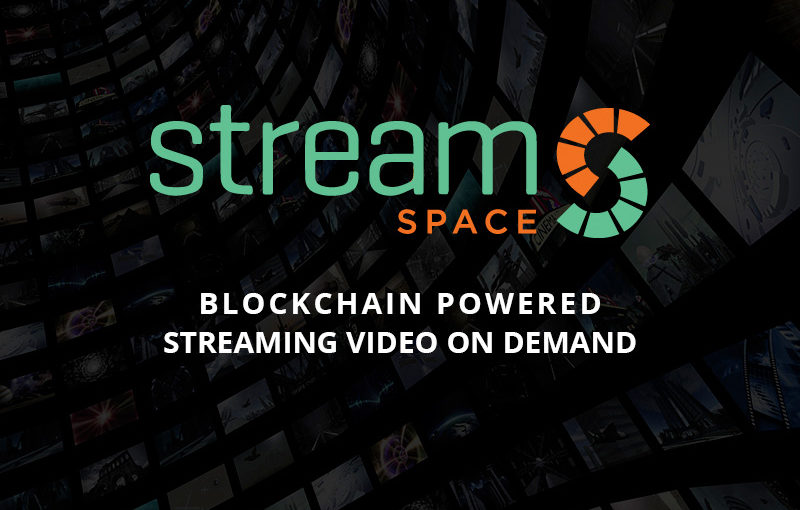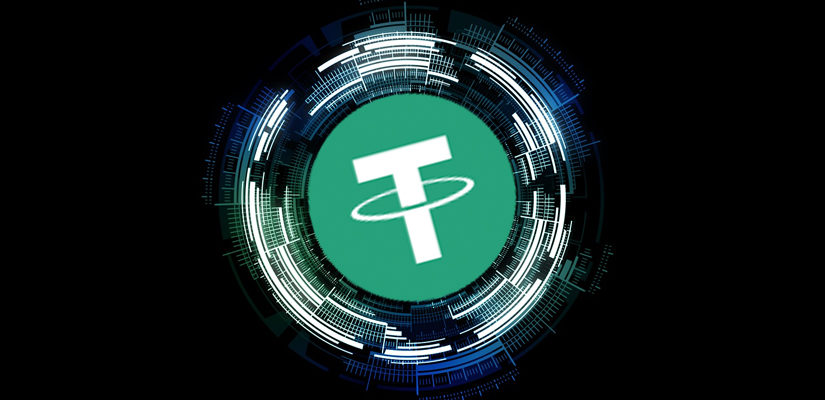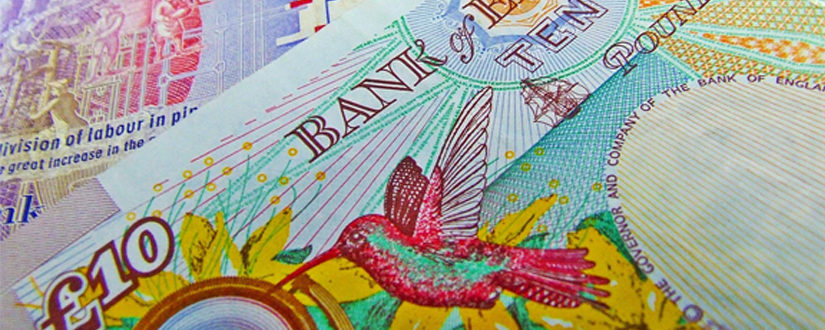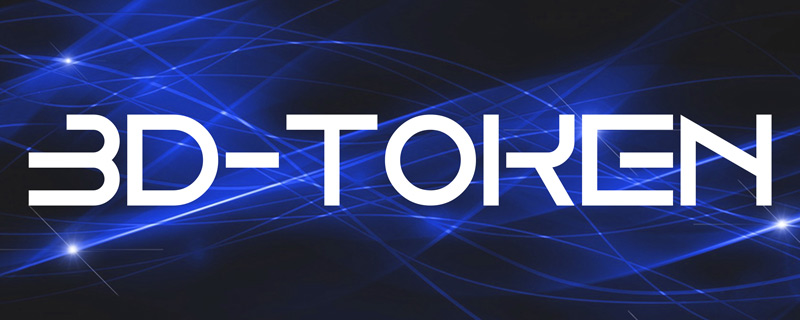 Do British banks fear cryptocurrency startups?
Do British banks fear cryptocurrency startups?
We asked Santander, Barclays, the RBS, Metro Bank, Halifax, Standard Chartered, HSBC for their side of the story.
The UK’s financial service sector adds more than £6.6 billion into the economy each year, employing hundreds of thousands of people. The City of London and Canary Wharf are often portrayed as the hub of fintech, with many of the world’s biggest financial firms operating there. With such an influential and active global presence one might think Britain would be at the forefront of blockchain innovation and adoption. Unfortunately the reality is quite the opposite, with banks demonstrating cartel-like behaviour and overplaying the money laundering card to actively discredit and cut off these startups.
With the recent exponential growth of blockchain technology, many of these startups are seeking to create innovative financial products by mixing old money with new − and this means obtaining a bank account like any other business. Unfortunately, in the UK, adoption has been thwarted at every turn by the country’s banking elite, often forcing these firms to seek banking partnerships elsewhere in Europe, such as in Poland, Bulgaria, Latvia and Estonia, and thus the startups often end up based in those countries too.
Blockchain is undoubtedly one of the most exciting technologies of our time and it will probably change the world we live in by redefining and streamlining every industry, be that through global distributed ledgers, smart-contract-based automation or even global collaborative systems and resource sharing. Some examples include:
- charities using blockchain technology to provide transparent processing of donations/aid relief,
- green energy startups using blockchain to offer transparent, distributed peer-to-peer energy, resulting in a national grid that allows anybody to generate, sell and consume energy,
- medical research institutions that use the technology to harness, combine and manage computing power. This allows anybody to donate their idle laptop/computing power to a distributed network to help process things such as misfolding and protein aggregation, to help find cures for Alzheimer’s, Huntington’s, cystic fibrosis etc.
Where does the government stand on this?
Earlier this year even HM Treasury’s special envoy for fintech, Eileen Burbidge, said:
“The UK is already the best place in the world to start, grow and scale a FinTech company”.
Chancellor of the Exchequer, Philip Hammond, said:
“The FinTech sector is one of our fastest growing sectors, adding more than £6.6 billion into the UK’s economy and attracting more than £500 million of investment.”
And yet, despite these boasts from the UK government, the country’s own banks downplay and stigmatise the technology and refuse to service any crypto-related companies.
It’s a Catch-22 situation: on the one hand you have the UK government harping on about fintech and IoT while, on the other hand, British banks, supported by the government, are flat-out refusing to work with such companies by denying them basic access to services such as bank accounts without any justifiable reason.
Her Majesty’s Treasury is reluctant to intervene in any banking decisions, stating:
“Which businesses banks choose to offer services to is a commercial decision for each individual bank and the Government does not seek to intervene in these decisions.”
“The Government encourages banks to take a risk-based approach in their management of money laundering and terrorism financing risk, to ensure that the measures they take are proportionate and effectively mitigate the risks that they face.”
“We recognise the significant benefits that virtual currencies and the related technologies could bring, as well as the potential risks such as money laundering and terrorist financing.”
It would appear that change is on the horizon, as the Financial Conduct Authority, which operates independently of the UK government and regulates the financial industry, carried out sandbox testing with blockchain firms.
Following a feasibility report in 2015, the Financial Conduct Authority (FCA) established a regulatory sandbox, which enables financial firms to test innovative products, services and business models in a live market environment while adhering to appropriate safeguards. But, unfortunately, multiple participants in the sandbox programme, the aim of which was to create innovative services with distributed ledger technology (DLT) were given “blanket refusals” from banks and “denial of banking services”. Furthermore, even individual enthusiasts exploring blockchain technologies have been penalised and deterred through bank account closures and warnings.
Due to the reluctance of banks to open accounts for cryptocurrency-related firms, the FCA is concerned about banks hindering competition, especially after many banks flat-out refused several start-ups entering the FCA’s sandbox programme to test their business models under its guidance.
The government is essentially taking a backseat in the matter and giving banks free reign on blockchain adoption, or rather the lack thereof.
“We are concerned that denying certain customers bank accounts on a wholesale basis causes significant barriers to entry and could lead to poor competition in certain markets,” said the FCA.
“We work to ensure that the UK financial system is a hostile environment for money launderers. However, we are clear that effective money laundering risk management need not result in wholesale de-risking, and are aware of the risks this may pose to innovation and competition and intend to continue our focus on this issue,” said the FCA.
Speaking to the Financial Times, James Godfrey, head of capital markets at BlockEx, said:
“Nobody will give us a bank account in the UK.”
“Having [Bank of England governor] Mark Carney standing at the front of the shop and saying ‘raa, raa, fintech’ just doesn’t do it for me.” James continued to say that London-based Metro Bank shut its UK account, forcing it to rely on a lender in Bulgaria.
We reached out to the Bank of England for a comment on this, and they said:
“We do not have a comment for you on this issue.”
We spoke to Jamie McNaught, founder of Solidi, a peer-to-peer cryptocurrency exchange based in the UK:
“Our cryptocurrency exchange has implemented some of the most advanced AML and fraud detection systems in the industry; this has resulted in our fraud rate being below £3 per £1,000,000, much lower than card fraud statistics.”
“Multiple banks have refused our banking applications without a plausible reason; this is not just a problem for blockchain startups but also other innovative products in fintech. We are even part of the FCA Sandbox programme and with this accolade we’re still having little success with banks.”
We spoke to Marc Warne, the founder and CEO of Bittylicious:
“I can confirm the banks have remained hostile for the last five years; there are no crypto-companies allowed to open bank accounts in the UK [including those selling or operating ATMs].”
“Bittylicious and other companies in London regularly have meetings with representatives from the FCA to see if there is any power to change this – it’s a slow process but we’re trying hard.”
“The government is encouraging technology like this but the UK only has five real banks: they appear to have the same policies and block our industry quite easily.”
“Some exchanges are using banks on the continent too − it’s expensive and a waste of money, but there are ways around this.”
Jesse Powell, CEO and co-founder of Kraken Digital Asset Exchange:
“There are banks that see bitcoin and digital assets as an innovation they want to explore and leverage for good. These are the banks we choose as our partners. We choose to partner with the banks that are courageous enough and have the foresight to see opportunity and possibility in what’s new and different.”
UK Finance
What is UK Finance? It represents nearly 300 of the leading firms providing finance, banking, markets and payments-related services in or from the UK. They said:
“We can’t comment on individual banks and their activity.”
We contacted Santander, Barclays, the Royal Bank of Scotland, Metro Bank, Halifax, Standard Chartered and HSBC, among others.
Here’s what they had to say:
HSBC
“HSBC is monitoring the development of virtual and digital currencies such as Bitcoin as well as regulations governing their use. In countries where use of virtual currencies is permitted by the authorities, we expect any customer transacting in them to comply with all applicable laws and regulations, just as they would for transactions denominated in traditional legal tender. HSBC does not process virtual currency payments and we do not bank virtual currency exchanges.”
Santander
“As an innovative bank, we are interested in new technology and emerging currencies. In line with our regulatory obligations and industry best practice, any company, big or small, will be risk assessed when applying to open an account with us.”
“Santander is a supporter of new businesses and start-ups in the UK and across the globe, making significant investments through our venture capital, Santander Innoventures fund, based in London.”
Royal Bank of Scotland
Failed to respond to our enquiries.
Metro Bank
“We review all applications on a case-by-case basis.”
Halifax
Failed to respond to our enquiries.
Bank of Ireland
We are not in a position to comment.
Standard Chartered
Failed to respond to our enquiries.
Lloyds Bank
Failed to respond to our enquiries.
Co-operative Bank
“The Bank has been through a recapitalisation exercise as we look to rebuild our business, and our strategy is to focus on becoming a smaller retail and SME bank. As such, more specialist areas of finance and banking is not part of our current strategy, which includes new sectors such as blockchain at this moment in time,” said Paul Lawler, Head of Values & Ethics and Communications.
Yorkshire Building Society
Failed to respond to our enquiries.
Deutsche Bank
Failed to respond to our enquiries.
Conclusion
Based on the findings of the FCA, it would appear that some banks have been complicit in anti-competitive practices. The law states that businesses can be fined up to 10% of their worldwide turnover and sued for damages if they are found to be involved in anti-competitive activities. It’s been widely said that the larger banks have formed a “cartel” to block out crypto-businesses.
Hostility has been ripe for many years now (we covered the same issue back in 2014) and yet nearly four years on nothing has changed, with mainstream banks continuing to suffocate blockchain companies across all sectors.
What has changed, however, is the flexible and adaptive nature of some smaller banks in Europe that have started to embrace crypto-businesses. If things continue as they are over the next ten years we will probably see London lose its fintech crown to a more blockchain-friendly country somewhere in Europe.





 Do British banks fear cryptocurrency startups?
Do British banks fear cryptocurrency startups?

